Croatia year 2011 Croatian Cultural Heritage MNH
Croatia boasts a rich and diverse cultural heritage that reflects its long history, unique geography, and influences from various civilizations and cultures. Here are some key aspects of Croatian cultural heritage:
- Historical Sites: Croatia is home to numerous historical sites, including ancient Roman ruins, medieval castles, and well-preserved towns and cities. The city of Dubrovnik, with its impressive city walls and historic center, is a UNESCO World Heritage Site and one of the most iconic cultural landmarks in Croatia.
- Medieval Architecture: Medieval architecture is prominent throughout Croatia, with well-preserved towns such as Split and Trogir showcasing Romanesque, Gothic, and Renaissance buildings. The Cathedral of St. James in Šibenik, a masterpiece of Renaissance architecture, is another UNESCO World Heritage Site.
- Venetian Influence: The coastal regions of Croatia, especially Istria and Dalmatia, bear the influence of the Venetian Republic, which ruled over these territories for centuries. Venetian architecture, characterized by elegant palaces, bell towers, and stone streets, is evident in cities like Rovinj, Poreč, and Zadar.
- Traditional Music and Dance: Croatia has a rich tradition of music and dance, with regional variations in folk music, costumes, and dance styles. Klapa singing, a form of a cappella singing originating from Dalmatia, is recognized by UNESCO as an Intangible Cultural Heritage of Humanity.
- Cuisine: Croatian cuisine is diverse and reflects the country’s cultural influences and regional variations. Traditional dishes include seafood along the coast, hearty stews and grilled meats inland, and pastries and desserts such as strudels and fritule. Olive oil, wine, and truffles are also important culinary products.
- Festivals and Celebrations: Croatia celebrates a variety of festivals and cultural events throughout the year, ranging from religious festivals and traditional folk celebrations to contemporary music and film festivals. The Dubrovnik Summer Festival, held annually in July and August, is one of the oldest and most prestigious cultural events in Croatia.
- Literature and Art: Croatian literature and art have a rich tradition dating back centuries. Writers such as Ivan Gundulić and Miroslav Krleža, as well as artists like Ivan Meštrović and Vlaho Bukovac, have made significant contributions to Croatian culture and are celebrated both nationally and internationally.
- Ethnic Diversity: Croatia is home to various ethnic communities, each with its own cultural traditions and customs. The country’s cultural diversity is evident in the preservation of minority languages, dialects, and cultural practices.

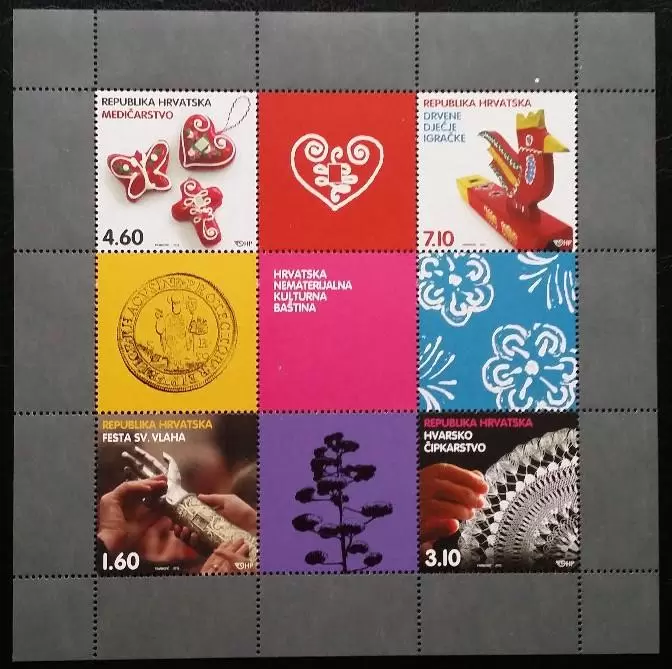
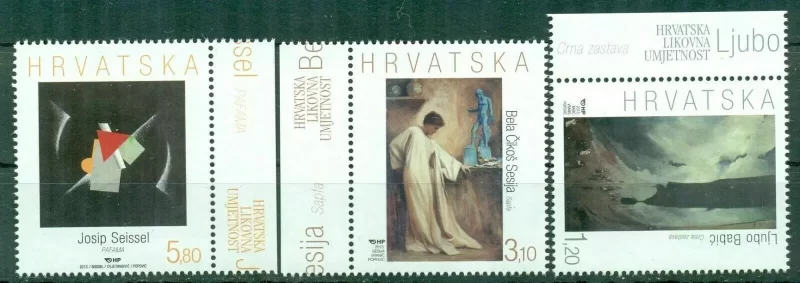
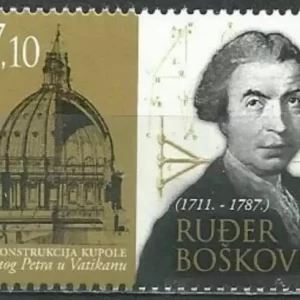
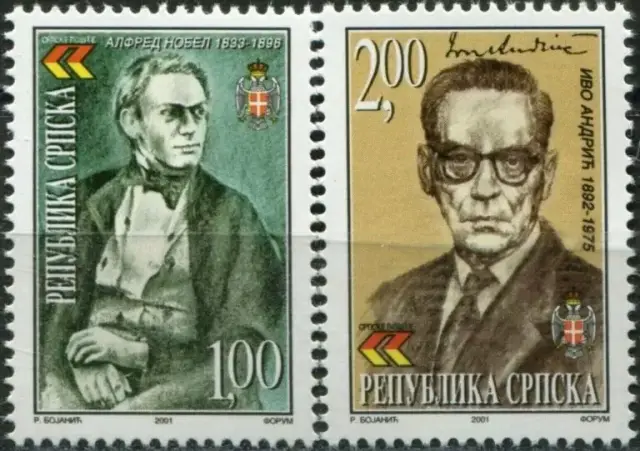
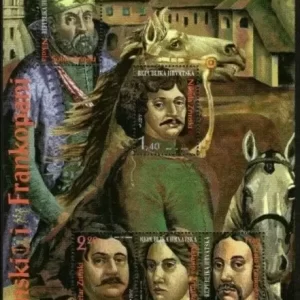
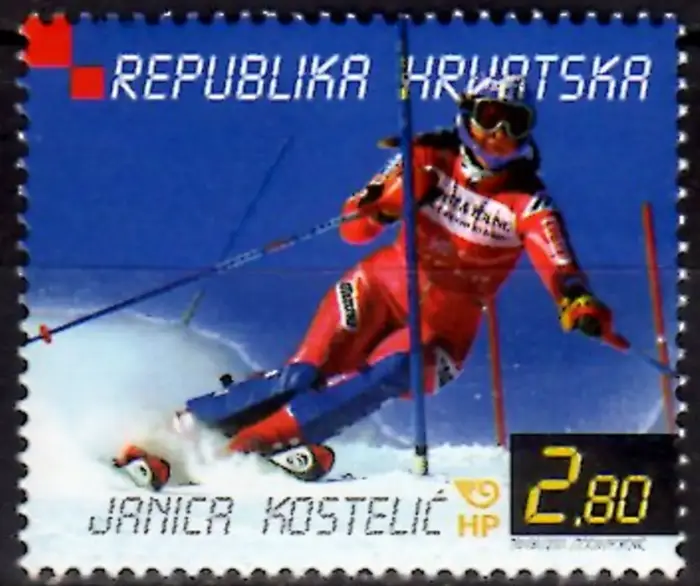

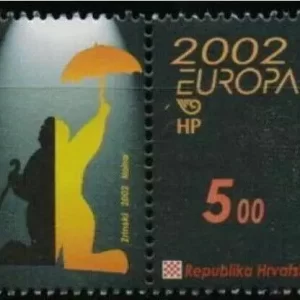
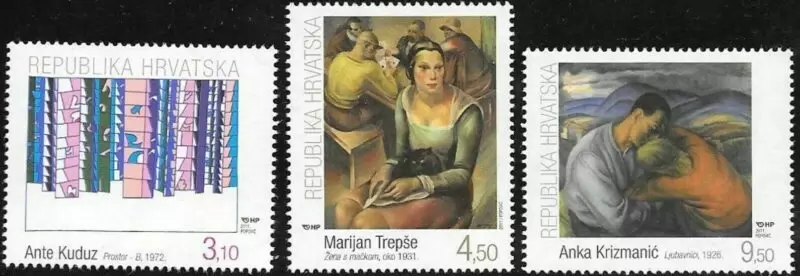
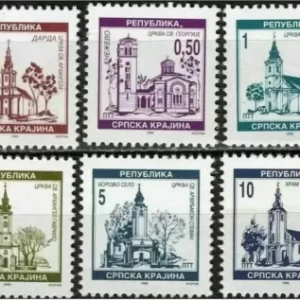
Reviews
There are no reviews yet.